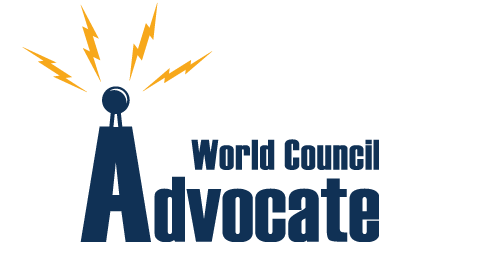Supervisory Authorities Bolster the Importance of Financial Education
2022-02-01Financial education got a boost last month when both the European Commission, and the three European Supervisory Authorities (EBA, ESMA and EIOPA), collectively called the ESAs, published initiatives related to financial competence and financial digitalization education, respectively. On January 11, 2022, the European Commission and the OECD’s International Network on Financial Education published a joint EU/OECD-INFE financial competence framework for adults. This was a continuation of measures that were announced in Action 7 of the 2020 capital markets union action plan. The joint EU/OECD-INFE’s, Financial Competence Framework for Adults in the European Union, “aims to improve individuals' financial skills so that they can make sound decisions regarding their personal finances. It will support the development of public policies, financial literacy programmes and educational materials by Member States, educational institutions and industry. It will also support the exchange of good practices by policy makers and stakeholders in the EU.”
On January 31, 2022 the European Supervisory Authorities (ESAs) published a, Joint ESAs thematic repository of national financial education initiatives on digitalisation - with a specific focus on cybersecurity, scams and fraud, which consists of 127 national initiatives providing consumers with information on how to improve their financial literacy. The repository, focusing on cybersecurity, scams, and fraud, will also be used to prepare a report on financial education that will be published later in 2022. The majority of the initiatives generally pertain to consumers, but also target retail investors, elderly people, students, children/young people, families; or specific groups such as journalists and mass media representatives; as well as social media and influencers “as sources of information and promoters of investment platforms.”
More information on the Financial Competence Framework for Adults can be found here; and information on the Joint ESAs thematic repository can be found here.

